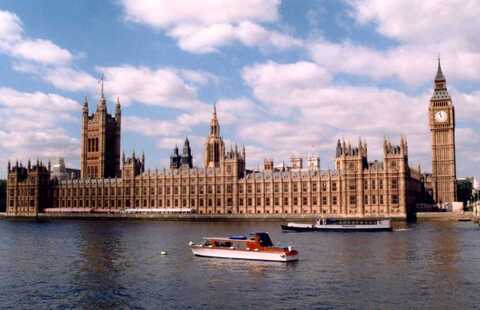The reform of public consultations
Although there have been improvements in recent years, too many Government consultations are poor.

♦ Successive Codes of Practice have been widely disregarded.
♦ 50% of public consultations do not publish outputs on time – or to quality standards.
♦ The legal remedy for inadequate consultations (Judicial Review) is usually too late, too costly and too
uncertain. Consultee dissatisfaction is at an all-time high.
♦ Alongside colleagues, I originally developed deas for better Regulation, and in readiness for the 2024
General Election, I published Blog 73 outlinging the options.
It now seems clear that the right solution is a new regulatory regime with statutory backing
This recognises that there will be no effective enforcement unless a totally independent entity is created, with authority to halt sub-standard consultations and to act as arbiter of best practice. A model may already exist. Insofar as the job of the Office of Budget Responsibility (OBR) is there to keep politicians honest in relation to finance and money, a comparable Office of Public Engagement (OPE) can do the same in relation to consultation and other dialogues?
With John Underwood of the New University of Buckinghamshire, I have now developed effective proposals for the OPE that would enable it to perform much-needed functions such as:
- Develop, publish, and review standards for public consultation and engagement including traditional processes as well as critical new machinery such as Citizens’ Assemblies.
- Define and regulate ‘Registered consultation/public engagement exercises'. Once registered, they would carry a guarantee that they meet the required standards.
- Own and run the definitive national consultation register on a well-publicised and accessible system, enhancing public visibility of the most relevant exercises.
- Provide a Conciliation and Arbitration Service to resolve disputes without recourse to expensive legal challenges such as Judicial Reviews.
- Offer a civic education service to encourage public engagement, working in schools and communities, and helping citizens to understand and exercise their rights.
There are many benefits:
- It would demonstrate a Government’s commitment to honesty, truth and integrity.
- It would provide improved confidence in public engagement and consultation processes.
- Encouragement for decision-makers to conduct best practice engagement and consultation; eliminate the temptation for civil servants to cut corners.
- Better informed policymaking with greater legitimacy for measures not declared in election Manifestos.
The new Government said that it wanted to improve the integrity of policy-making.
A great way to make progress in this direction is to support this proposal
Everyone who would like to help.
Plese contact Rhion at rhion@rhion.com or phone him on 07966446450